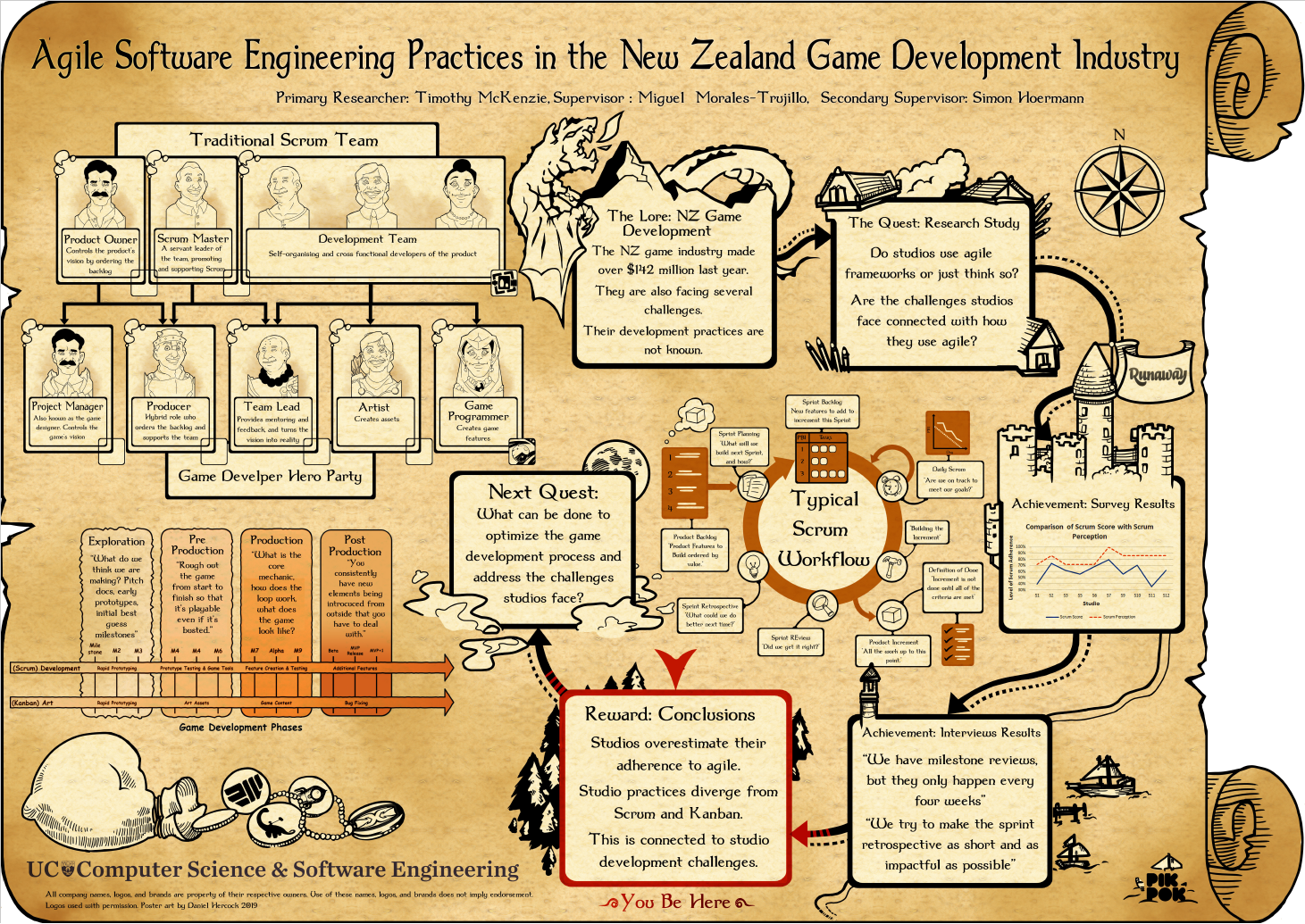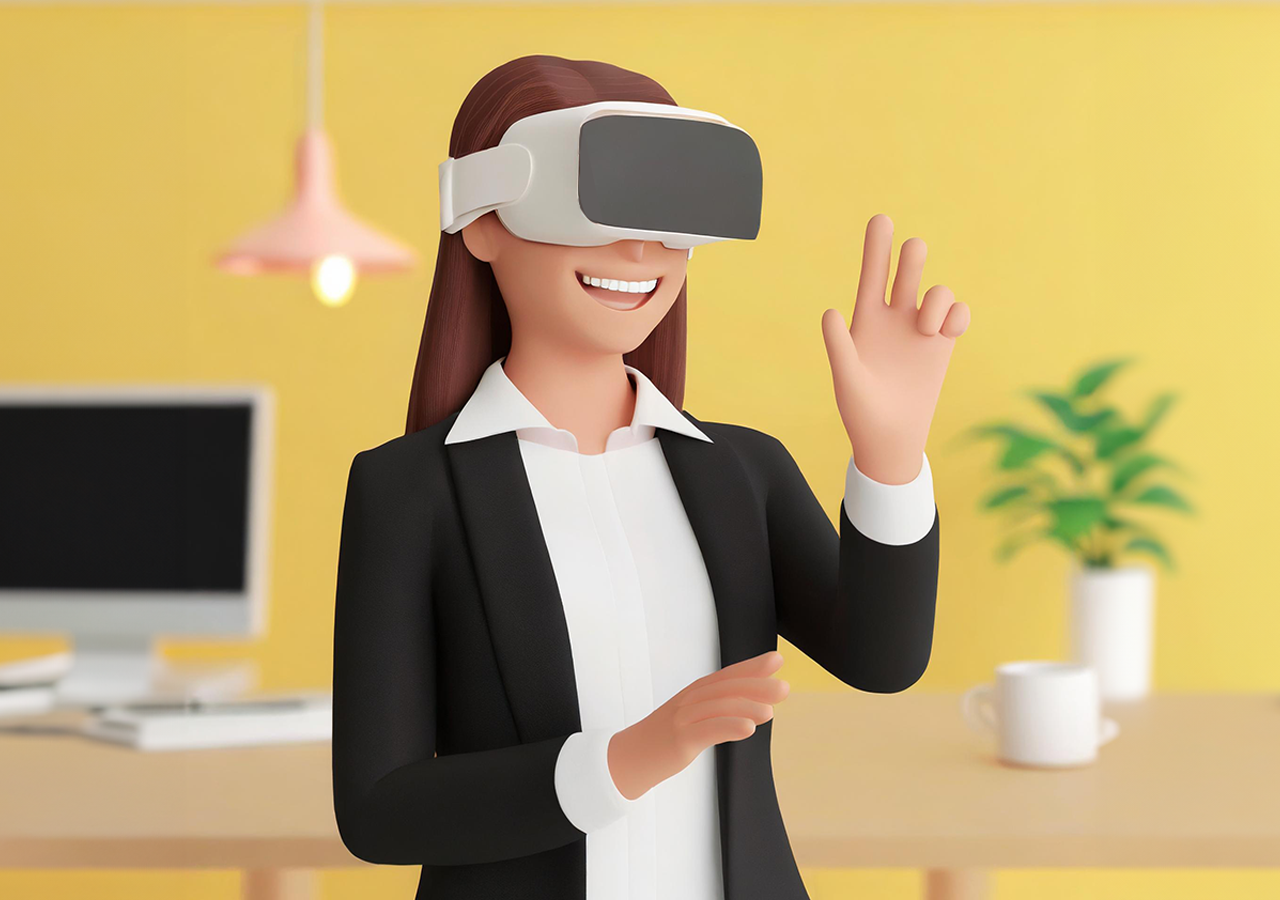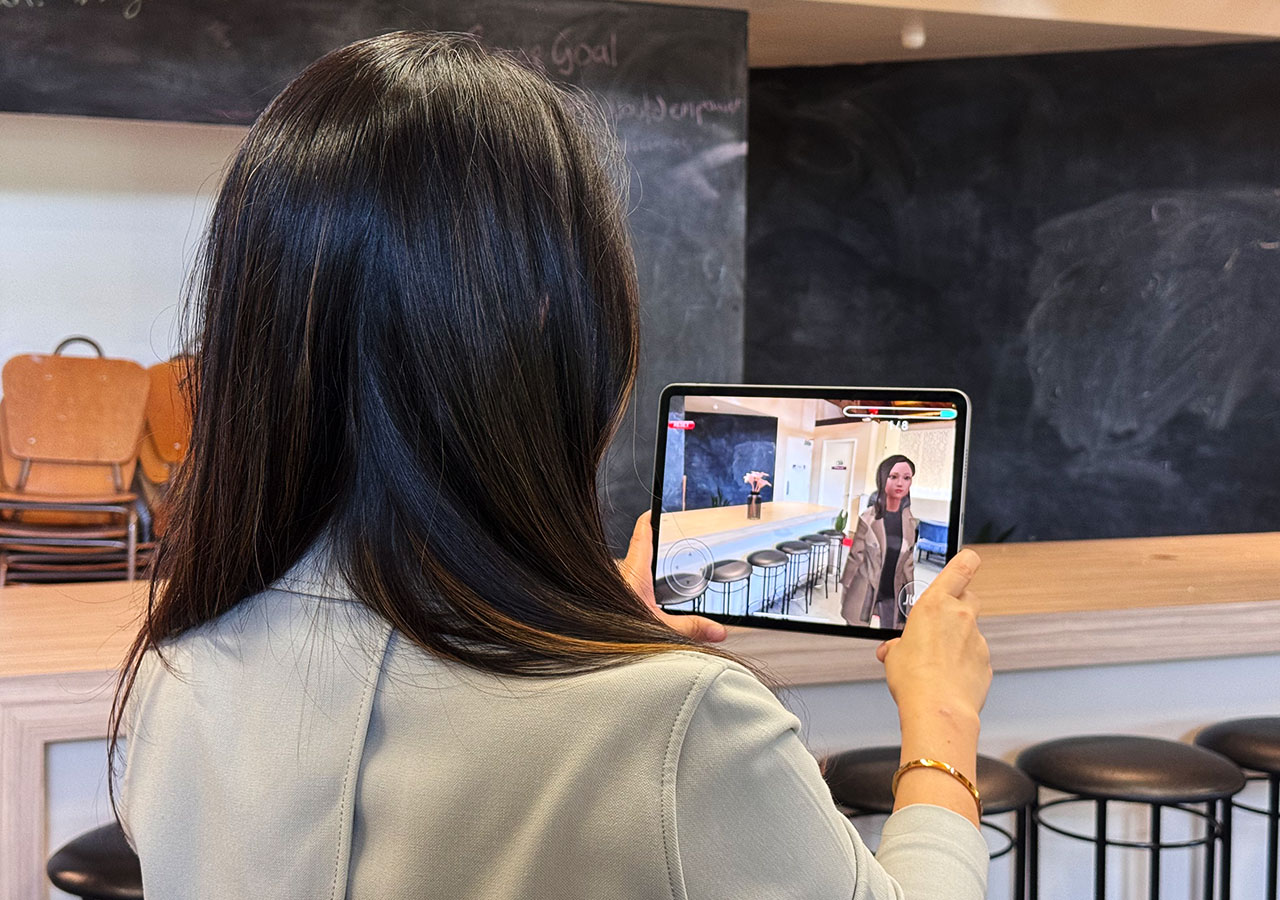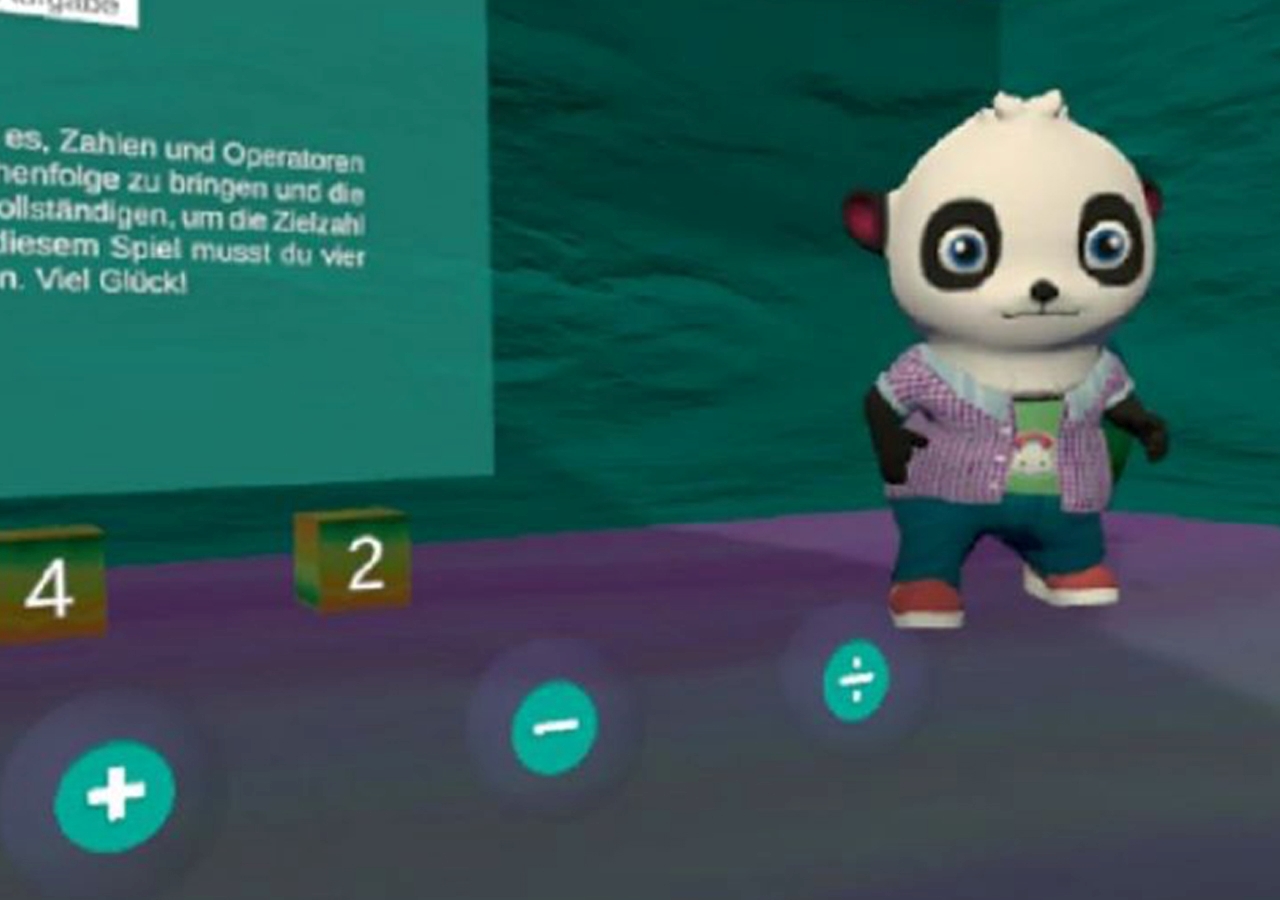
Applied Immersive Gaming Initiative
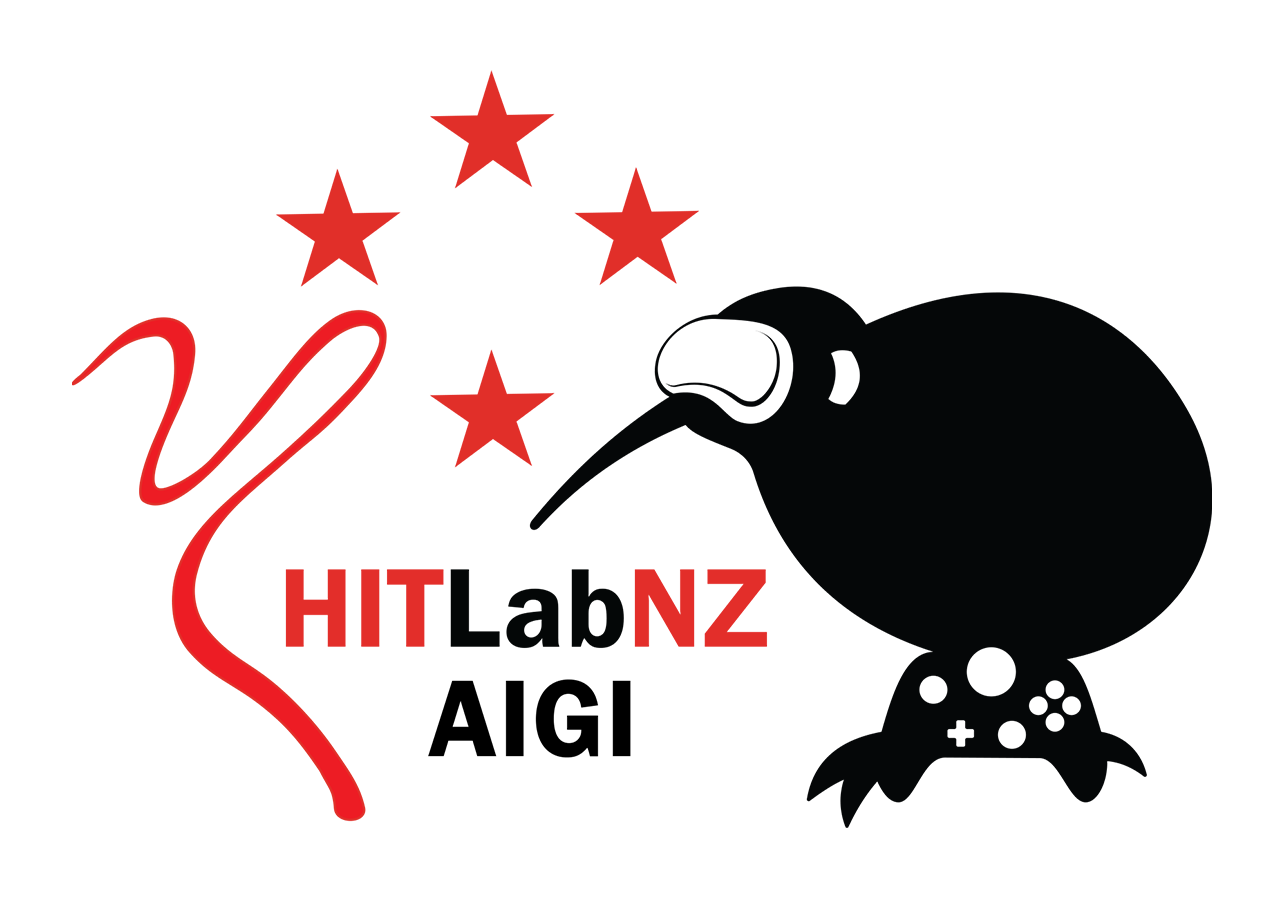
The Applied Immersive Gaming Initiative (AIGI) was founded in 2019 with support from Tertiary Education Commission NZ funding of $3.2 million along with University of Canterbury funds of $4.5 million. Its main aim is to accelerate research and public use of immersive gaming applications and to build strong connections with the New Zealand games industry.
Developing innovative immersive gaming applications has a role in improving personal, social, educational and health-related outcomes. By supporting technical innovation research, AIGI also aims to help address the skills shortage in New Zealand’s growing gaming industry.
Research Group
Assoc. Prof. Heide Lukosch is AIGI Lead and primary contact with over 10 years experience researching, teaching, developing, and deploying applied games. Her strong entrepreneurial attitude has built a powerful network of game researchers and developers able to tackle complex game-related projects.
Other members of the initiative are:
-
- Stephan Lukosch, HIT Lab NZ
- Rob Lindeman, HIT Lab NZ
- Adrian Clark, UC School of Product Design
- Simon Hoermann, UC School of Product Design
- Tham Piumsonboom, UC School of Product Design
Research work is supported by HIT Lab NZ’s game and digital artist, Shunsuke Fukuden, and game developer, Ryan McKee.
In 2022, several AIGI members worked together with UC colleagues, national and international experts to develop UC’s Digital Screen Campus – a new educational, research, and industry program for games, cinema, virtual production and immersive technologies. AIGI played a vital role with amongst others, Andy Phelps leading the development, Adrian Clark developing curriculum, and Rob Lindeman and Heide Lukosch providing their expertise.
Research Goals
AIGI aims to better understand how applied immersive games need to be designed, implemented, and evaluated. Our multi-disciplinary research team applies methods from the fields of computer science, engineering, social science, arts, and design to address real-world challenges with game-based solutions.
We work closely with national and international game developers and industry partners from domains such as:
-
- Health and wellbeing
- Sport
- Teaching and learning
- Disaster and risk management
- Urban planning
- Resilience
If you would like to work with AIGI or discover more about this initiative, contact Assoc. Prof. Heide Lukosch.
Applied Immersive Games
Applied Games are games that serve a specific purpose. AIGI efforts are motivated by the power of games to engage people carrying out tasks that might otherwise be dangerous, boring or difficult. This includes games for learning in and outside of school, training games for professionals, games for decision-making, or raising awareness.
AIGI combines human-interface technologies such as virtual reality (VR) or augmented reality (AR) with game elements to help players develop a strong sense of being within an environment or scenario. Game elements can have a positive effect on the motivation of learners. They make an experience interactive and provide immediate feedback to actions and decisions.
Projects
Agile / Lean practices and video game development
Timothy McKenzie
Exploring game-based tools for youth social anxiety
Zoë Platt-Young
Gamification to facilitate resilience planning
Bryann Avendano
Augmented reality in emergency management
Misha Mirza
Hear What Our Partners Have to Say
“As a major supporter of HIT Lab NZ, ChristchurchNZ was pleased they were able to attract such high-quality talent through the support of the Tertiary Education Commission. The cutting-edge innovation being done at the Lab is a prime example of Christchurch’s market-leading tech sector, both in education and commercialization. ChristchurchNZ is dedicated to developing and attracting talent in our city – we see this as critical to our economic development and future employment opportunities. We see this as an important step in educating the next generation of entrepreneurs and helping them make an impact on the world stage, from right here in Christchurch, New Zealand.”
“We are really excited about the fantastic team that UC and the HIT Lab NZ are bringing together! We appreciate how closely they’ve worked with the industry to understand the challenges we’re facing and their programme not only addresses our current knowledge gaps but also inspires an approach to innovation that we need to stay at on the cutting-edge of technology. Well done!”

